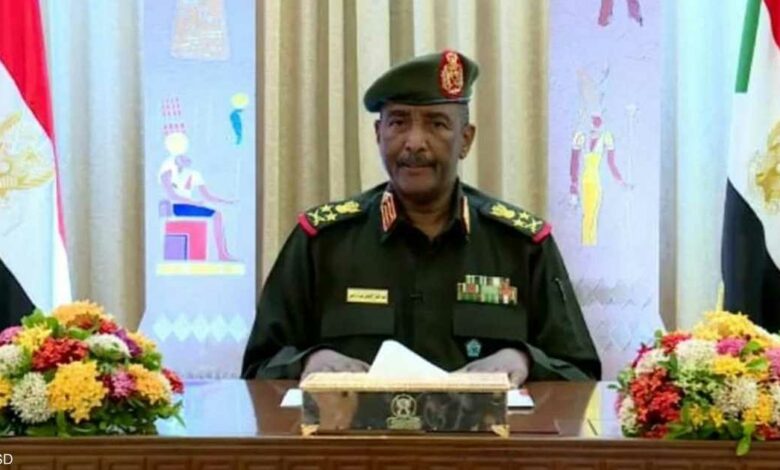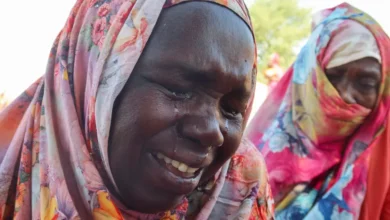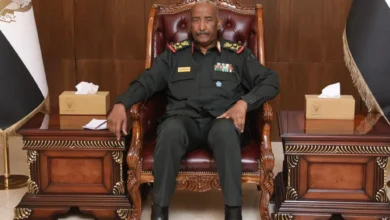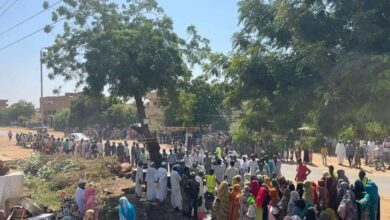The “Sovereign” leads Sudan’s ministries.. Has Al-Burhan retreated from forming a new government?

Observers considered that assigning the head of the Sudanese Sovereignty Council, Abdel Fattah al-Burhan, to 4 members of the council to supervise the ministries, as an “escape forward,” and a retreat from forming a new government at the current stage in order to avoid political division and polarization.
Al-Burhan issued a decision to place the ministries, some government bodies, the Central Bank of Sudan, the Public Prosecution, and the State Auditors under the supervision of the members of the military component of the Sovereignty Council, and his deputy, Malik Aqar, and excluded from the assignment the members of the Council, Al-Hadi Idris and Al-Taher Hajar.
Malik Aqar was given the responsibility of monitoring the ministries of oil and energy, education, social development, higher education, health, culture and media, youth and sports, and endowments as well as religious affairs.
The ministries of Cabinet Affairs, Foreign Affairs, Interior, Federal Government, Minerals, Justice, Irrigation, and Water Resources were placed under the direction of Shams al-Din Kabbashi.
The Ministries of Defence, Finance, and Economic Planning, the Central Bank of Sudan, the Public Prosecution, and the Office of the Auditor General were placed under Yasser Al-Atta’s management.
establishing a transitional government or governing the existing one?
Al-Burhan will establish a caretaker government, according to Malik Agar’s earlier statement, and it will take office in the eastern Sudanese city of Port Sudan. In response, Mohamed Hamdan Dagalo, the commander of the Rapid Support Forces, vowed to call for talks to establish government in Khartoum if the army commander named a new minister.
Political analysts considered Al-Burhan’s step to be a block in the way for those demanding the formation of a new government, and that it will not have a direct impact on the performance and development of the ministries or push them to have an effective role in confronting the current conditions.
Analysts believe that there are reasons besieging Al-Burhan and preventing him from forming a government, the most prominent of which is that forming a government in Port Sudan, the capital of Red Sea State, is considered a defeat for him, with both sides of the fighting arguing that they control Khartoum State, and if he names an authority based outside the state’s capital, this is an admission that he does not He controls it.





